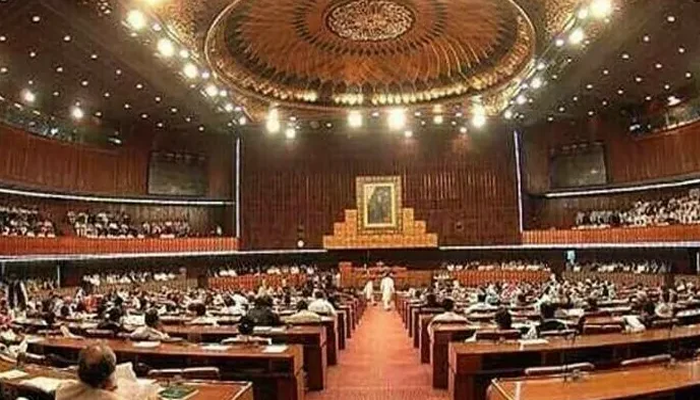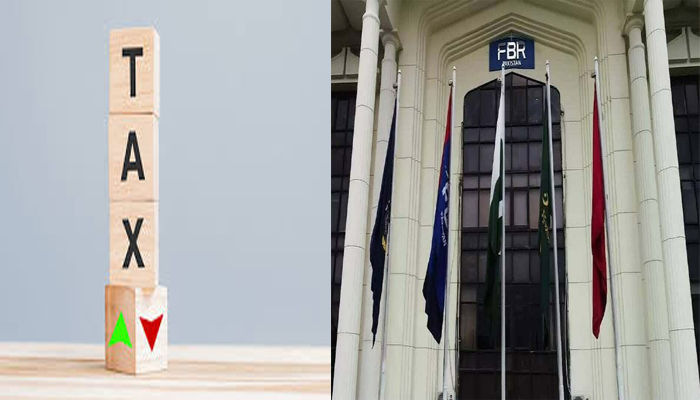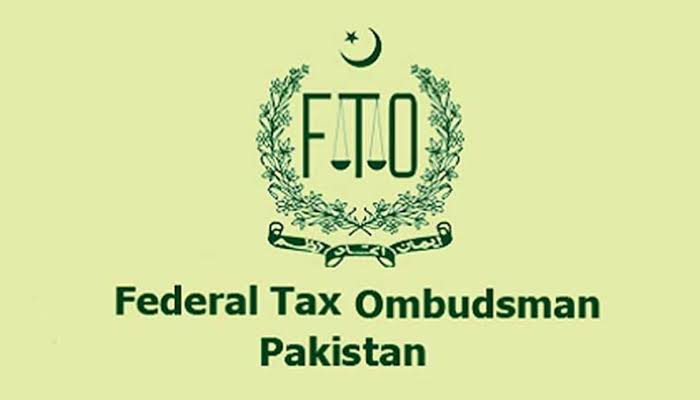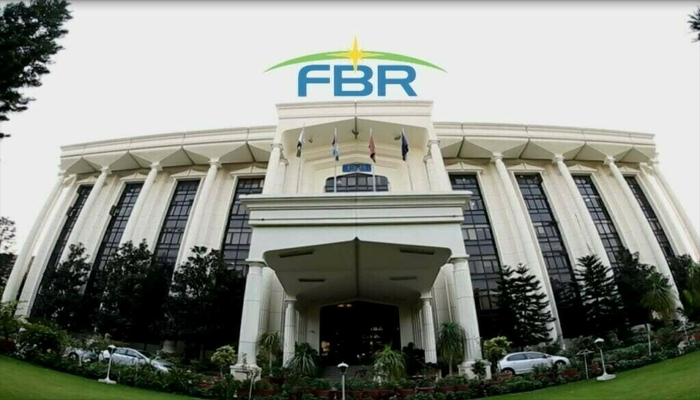ISLAMABAD: The National Assembly Standing Committee on Finance has strongly criticized the Federal Board of Revenue (FBR) for bypassing parliamentary oversight with the Tax Laws (Amendment) Ordinance, 2025. The committee expressed serious concerns over the ordinance's urgency and its implementation without giving taxpayers the right to appeal. The FBR had already dispatched instructions to field formations to begin recovering payments from taxpayers immediately.
Chaired by MNA Syed Naveed Qamar, the committee convened to assess the legal and procedural implications of the ordinance. Qamar called the ordinance an "abuse of power" and condemned the FBR for using it to enforce immediate recoveries from taxpayers without offering them due process. He emphasized that bypassing Parliament was unjustifiable, even with the urgency cited by the FBR.
In defense, FBR Chairman Rashid Mahmood explained that the ordinance was approved by both the federal cabinet and the President of Pakistan, asserting that it was designed to address gaps in tax enforcement and to operationalize court orders in tax disputes. "There is no abuse of power," he stated, insisting that the ordinance merely facilitated the recovery process based on existing court rulings.
However, Qamar rejected the explanation, insisting that the ordinance should be presented before Parliament immediately for review. He instructed the Ministry of Law and Justice to table the ordinance in the ongoing parliamentary session.
A Law Ministry representative confirmed that the ordinance would soon be presented as a bill and referred back to the committee for detailed scrutiny. However, the official was unable to offer a clear justification for the urgency behind the ordinance.
Committee members raised concerns about the ordinance’s potential negative impact, particularly its conflict with the FBR's goal of fostering a business-friendly environment. MNA Mirza Ikhtiar Baig pointed out protests from trade bodies like FPCCI.
Despite the FBR's defense, the committee decided to wait until the ordinance is presented as a bill for thorough examination. This marks a growing tension between the legislature and the FBR over its rapid implementation.









